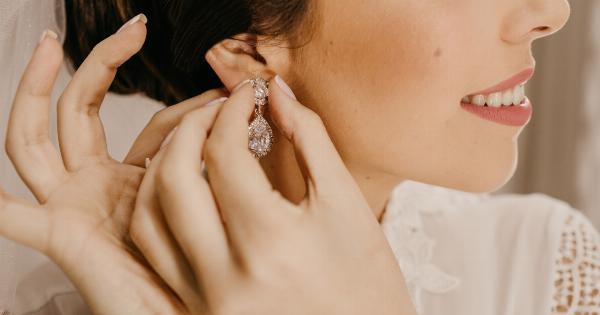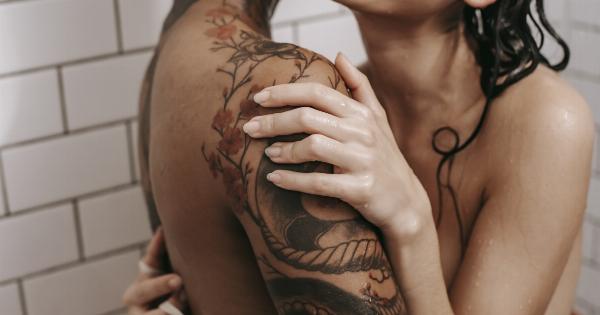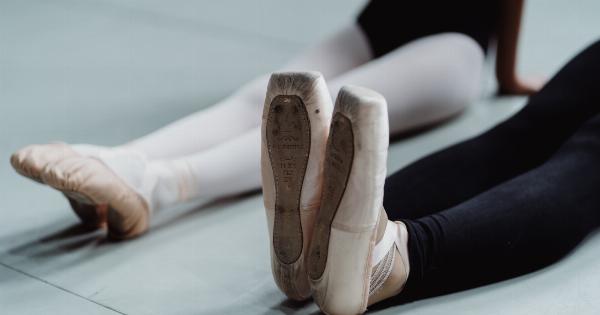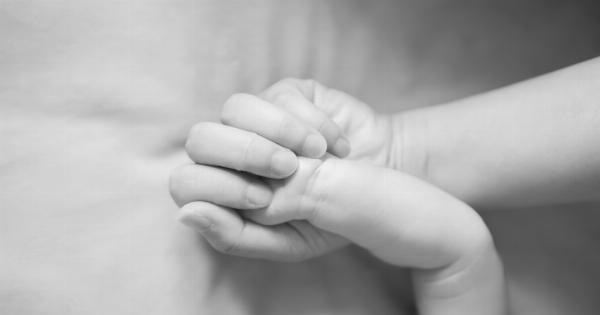Beauty has always been a topic of great interest and fascination. Throughout history, societies have held different standards and ideals of beauty.
From ancient civilizations to modern times, beauty has been defined by various factors such as symmetry, proportion, and cultural norms. However, in recent years, there has been a shift in the way we perceive beauty. A new perspective has emerged, one that celebrates diversity and embraces individuality.
This new perspective challenges the traditional notion of beauty and offers a more inclusive and holistic understanding of what it truly means to be beautiful.
The Unrealistic Standards of Beauty
For centuries, women have been bombarded with images of unrealistic beauty standards. From airbrushed models in magazines to heavily edited photos on social media platforms, the media has played a significant role in shaping our perception of beauty.
These images often present an unattainable ideal, causing many women to feel inadequate and insecure about their own appearance.
The pressure to conform to these beauty standards can have detrimental effects on self-esteem and mental health. It creates a culture of comparison and self-doubt, where individuals strive to meet an unattainable norm.
This constant pursuit of perfection can lead to anxiety, depression, and a distorted view of oneself.
Reframing Beauty: Embracing Diversity
Thankfully, there is a growing movement that seeks to redefine beauty. This movement highlights the importance of embracing diversity and celebrating individuality.
It challenges the notion that beauty is confined to a narrow set of standards and instead encourages a more inclusive and realistic understanding of beauty.
One of the key aspects of this new perspective on beauty is the recognition that every individual is unique and has their own set of features that make them beautiful.
It emphasizes the need to appreciate and celebrate these differences rather than trying to conform to a standardized ideal.
This shift in perspective has led to a greater representation of diverse bodies, races, and ethnicities in the media. Brands are now featuring models of different sizes, ages, and backgrounds, reflecting the real diversity of society.
This inclusivity not only promotes a more positive body image but also allows individuals to feel seen and represented.
The Rise of Body Positivity
One of the most influential movements promoting this new perspective on beauty is the body positivity movement. This movement aims to challenge the societal norms and expectations placed on bodies, particularly those of women.
It encourages individuals to love and accept their bodies as they are, regardless of shape, size, or imperfections.
The body positivity movement emphasizes the importance of self-care, self-acceptance, and self-love. It encourages individuals to prioritize their well-being and mental health over societal beauty standards.
This movement has gained widespread recognition and support, particularly through social media platforms where individuals share their stories, struggles, and triumphs on the journey to self-acceptance.
Beauty Beyond Appearance
While physical appearance plays a significant role in society’s perception of beauty, this new perspective recognizes that beauty extends far beyond outward appearances.
It emphasizes the importance of inner beauty, such as kindness, compassion, and confidence.
True beauty lies in the way individuals carry themselves, how they treat others, and the impact they have on the world around them. It is about embracing one’s unique qualities and having the confidence to be authentically oneself.
This redefinition of beauty allows individuals to focus on cultivating their inner selves rather than constantly striving for a certain physical appearance.
Changing the Narrative for Future Generations
As this new perspective on beauty gains traction, it is essential to consider its impact on future generations.
By challenging traditional beauty norms and promoting a more inclusive and diverse understanding of beauty, we can create a healthier and more accepting society.
Educating young people about this new perspective can help prevent the perpetuation of unrealistic beauty standards.
By teaching them to appreciate diversity and to value inner qualities alongside physical appearance, we can empower them to cultivate healthy self-esteem and body image.
Conclusion
The shift towards a new perspective on beauty is a positive and necessary evolution in our society. It challenges unrealistic beauty standards, promotes inclusivity, and encourages self-acceptance.
By embracing diversity and recognizing the beauty in every individual, we can create a more inclusive, empowering, and compassionate world.






























